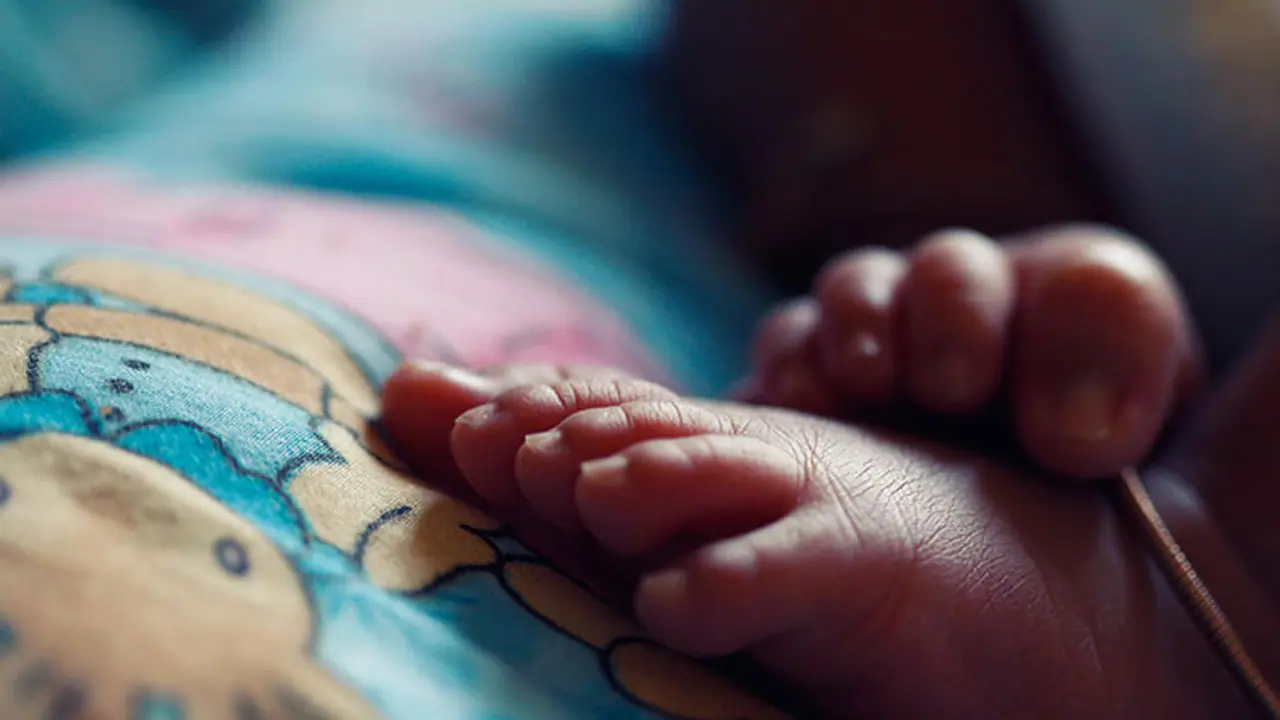Tribals in Kerala's Attapady region are dealing with high infant deaths after banana plantations moved to the hills. The region now experiences 33 deaths per thousand births in a state which has the lowest infant mortality rate, 6 deaths per 1000 births. Tribals say that their children have been experiencing nausea, headaches and fever ever since chemicals from the plantations have contaminated their soil and water. An environmental advocacy group Thanal found banned chemicals such as monocrotophos and phorates in the plantations.
Kerala’s low infant mortality ratio is the state’s pride. However, one region is forced to deal with high number of infant deaths due to the banana plantations that have cropped up in their area. Villagers in Kerala’s Attapady region now deal with an infant mortality ratio of 33 deaths per 1,000 births.

The tribals who inhabit 192 hamlets in Attapady are the most affected by this. They blame the banana plantation owners for using banned pesticides and fertilisers which have contaminated their soil and water.
Babies born to tribal couples face physical deformities, congenital diseases, and even death. In fact, they witnessed 7 deaths for every 210 births between January to May 2017, according to Deccan Chronicle.
Banana plantations in the region moved to the hills after land near the Bhavani River was scarce. Since then, children in the area were affected by the use of chemicals. Their parents said kids suffered from nausea, headache and fever as they drink from water that’s contaminated.
During its investigation, environment advocacy group Thanal found chemicals such as monocrotophos and phorates in the plantations. The Kerala government has banned these chemicals since 2011. However, monocrotophos is still used as its cheap and its uses are varied.
In 2013, 23 children died in Bihar’s Chhapra village after they consumed their mid-day meal. Later, an investigation revealed that these chemicals were present in cooking oil used by the school.
In Attapady, the situation looks dire as there’s no water treatment facility and villagers have nowhere else to go for water. Activists in the region have now asked the government to put into force a restriction on the use of fertilisers. They argue that there will be an existential threat to the tribals in the region if this trend continues.
